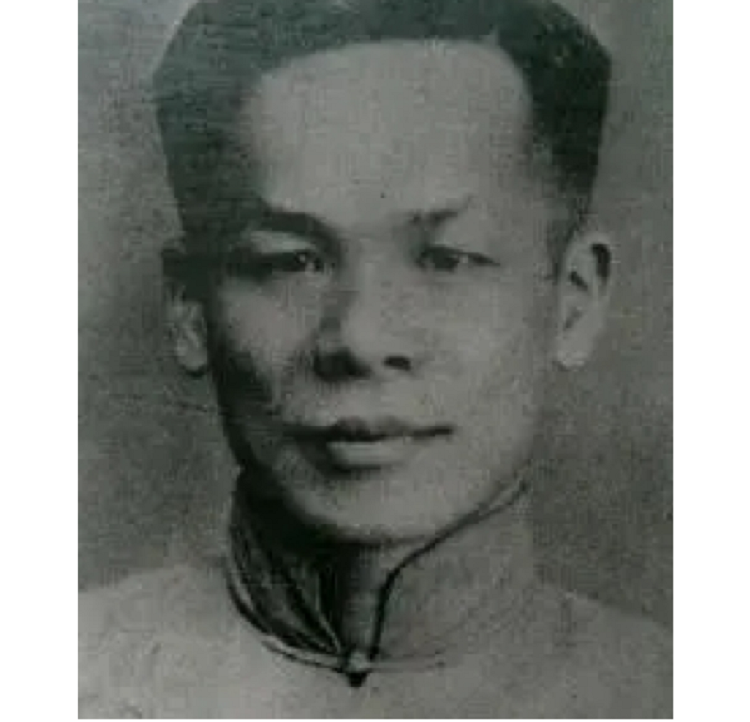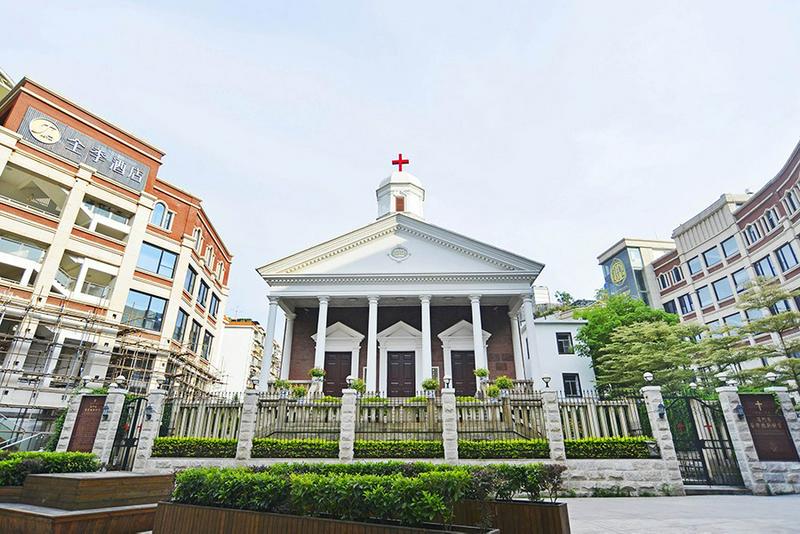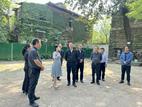Dr. John Sung was a famous evangelist in the history of the modern Chinese church. His sermons had influenced many people and changed their lives. However, as a Putian native, his sermons were quite confusing to many people when Mandarin was not as commonly spoken, so his colleagues, who worked as his interpreters, formed the translation ministry.
When Sung preached in Fujian and Taiwan, he always brought with him Pastor Wang Zongcheng and his brother Wang Zongren. It was them who passed on Sung’s message to the audience. They were Dr. Sung’s close colleagues.
On October 14, 1900 (lunar calendar), Wang Zongcheng was born in Yindou Village, Xingcuo Township, Hui’an Province. He was the firstborn son of his father, Wang Zhende, who was also a preacher.
Wang studied in Xiamen and Nanjing. In 1922, after graduating from a seminary, Wang began to serve in Taishan Church in Xiamen and served as a teacher in Haicang Youth Association Primary School and Gulangyu Women’s Normal School. In 1926, after passing the examination for the Chinese Christian Minnan Conference, he became a co-worker of Taishan Church and was appointed as a pastor in 1933.
Wang was best known as a translator. At a time when Mandarin was not widely known, many people used various dialects, which caused communication barriers. When some famous evangelists and well-known public figures from other places came to Xiamen to carry out church activities, they all needed someone to act as a translator, and Wang had always been responsible for that. On the afternoon of April 17, 1933, the American Bible Society’s centennial celebration meeting in China was held in Xiamen. General Zhang Zhijiang, a famous patriotic Christian general, and one of Feng Yuxiang’s “Five Tiger Generals” in the Northwest Army, was invited to deliver a speech. Wang acted as the interpreter and passed on General Zhang’s exhortation to the church to the churches in Xiamen.
In July 1936, the second National Christian Bible Study Conference was held in the newly built Sanjie Church in Gulangyu. This conference was led by Dr. Sung, and Wang Zongcheng and his brother Wang Zongren worked as interpreters. Dr. Sung examined the whole Bible in a month. Sung’s activities in Xiamen were unprecedented at that time, with a large number of participants, which caused a great sensation in Xiamen and even in the Minnan church.
Soon, Sung decided to go to Taiwan to preach and took Wang and his brother with him. While the Japanese authorities which occupied Taiwan made great efforts to prevent it, they could not stop Christians from both sides of the Taiwan Strait from coming together. According to John Sung’s words, “I only took the simplest luggage, Wang Zongcheng and Wang Zongren to Taipei on April 15. Every day I prayed and prayed, begging the Lord to nail ‘myself’ completely.” He continued, “During my 25 days in Taiwan, seven or eight thousand people received the grace of God. Thanks to the power of God. And thanks to the hospitality of these believers. That is really a great achievement for me.”
After the victory of the Anti-Japanese War and Taiwan’s liberation, Wang went to Taiwan and communicated with local churches, which strengthened the relationship between the churches on both sides.
In addition to serving as an interpreter, Wang was also a well-known educator and a long-time board member of the school. He was also a passionate pastor of literary ministry and was responsible for Taonan, which was an important newspaper of the Minnan church. In addition, he participated in social charities, especially, in China’s massive flood in 1931, he was an important commissary in charge of disaster relief in Xiamen.
In 1949, when the People’s Republic of China was founded, under the call of Y. T. Wu, the Chinese Church launched the “Three-self Patriotic Movement” (TSPM). Wang served as vice chairman of the preparatory Committee of Xiamen Christian Three-self Movement. He said, “We must carry out the spirit of three-self spirits and change the authority of the church from the control of foreigners to the cause of the Chinese people’s own religion. We must make sure that the church’s ministries will never again serve imperialism, put the Chinese church on the right track, and make Chinese Christianity the true Christian church of the Chinese people.”
He successively served as chairman of Xiamen TSPM, vice-chairman of Xiamen TSPM, member of the national TSPM, deputy of Xiamen Municipal People’s Congress, and as a member of the provincial and municipal CPPCC. The man passed away in 1975.
- Translated by Nicolas Cao













